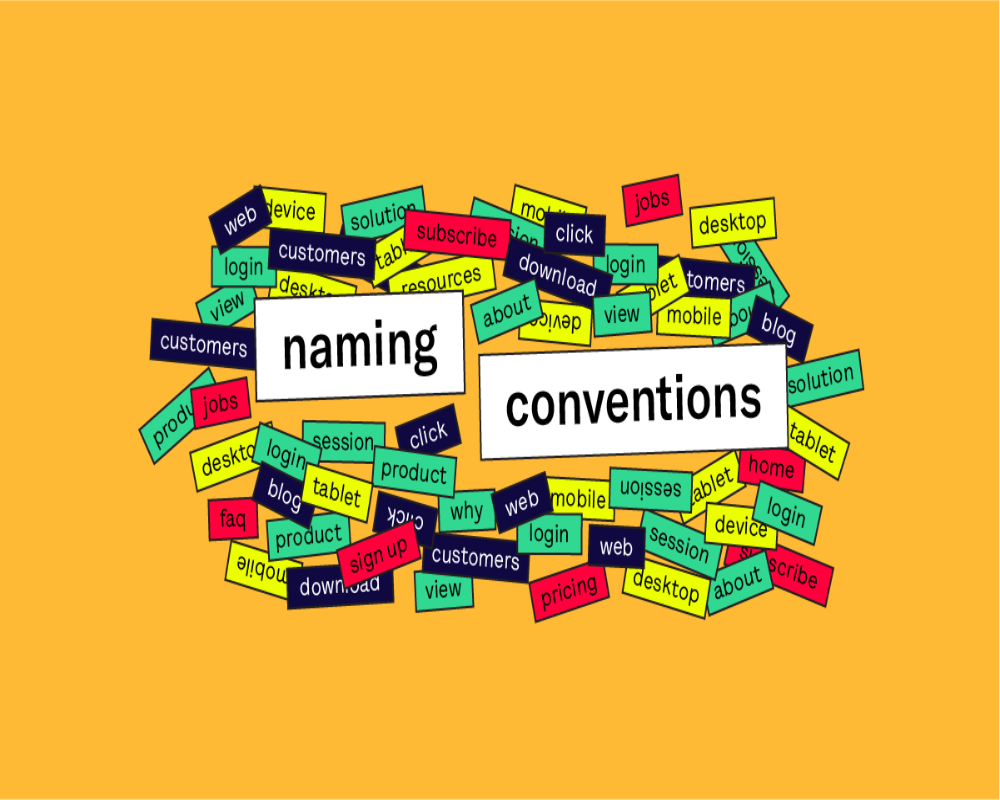Introduction
The name of a company is more than just a title—it is a legal identity, a branding tool, and the first impression a business makes. In India, the naming of a One Person Company (OPC) is governed by the provisions of the Companies Act, 2013 and Rule 8 of the Companies (Incorporation) Rules, 2014. These rules ensure that OPC names are unique, non-deceptive, and reflective of their business nature. Following proper naming conventions is a prerequisite for incorporation approval and long-term brand consistency. This article outlines the key naming conventions that an OPC must adhere to.
Mandatory Inclusion of ‘OPC’ and ‘Private Limited’
Every One Person Company must end its name with the words “(OPC) Private Limited”. This suffix clearly identifies the company as a single-owner private limited entity. For example, if the brand name is “BrightFuture”, the full legal name must be “BrightFuture (OPC) Private Limited”. The use of this suffix is not optional and is a mandatory legal requirement.
Uniqueness and Distinctiveness of Name
The proposed name of the OPC must be unique and distinguishable from existing companies, LLPs, or trademarks. Names that are identical or closely resemble the name of an already registered company or trademark will be rejected. A thorough name availability check should be conducted using the “Check Company Name” tool on the MCA portal before submission.
Avoidance of Prohibited and Sensitive Words
Certain words and expressions such as “National”, “Union”, “Central”, “Federal”, “Republic”, “President”, and “RBI” are restricted or prohibited unless prior approval is obtained from the relevant authorities. Names that suggest an association with the government or imply regulatory approval are not permitted without proper justification.
Reflecting the Company’s Business Activities
The name of the OPC should ideally indicate the main business objective or nature of work. For instance, a consulting firm may use “Solutions”, “Advisors”, or “Consultants” in its name, while an IT services firm may include words like “Tech”, “Software”, or “Systems”. This ensures clarity for stakeholders and regulatory authorities.
Use of Trademarked Words or Brands
If the proposed name includes a trademarked term, the applicant must submit a No Objection Certificate (NOC) from the trademark owner along with the name reservation application. Without this, the name is likely to be rejected during the scrutiny stage.
Reservation of Name Using SPICe+ Part A
The name of an OPC must be reserved through the SPICe+ Part A form, submitted online to the Ministry of Corporate Affairs (MCA). The form allows the applicant to propose one or two names, along with a brief description of the business activities. Once approved, the name is reserved for 20 days, during which the incorporation process must be completed.
Language and Clarity Requirements
Names should not be vague, offensive, or misleading in any way. They must be composed using English characters, though regional or coined terms can be used if they are not objectionable. Abbreviations and vague acronyms are generally discouraged unless well justified.
Name Change Post-Incorporation
After incorporation, if the OPC wishes to change its name, it must follow the legal procedure which includes passing a board resolution, altering the Memorandum of Association, and filing necessary forms such as INC-24 and MGT-14 with the RoC. The new name must also follow the same naming conventions.
Conclusion
The naming conventions for OPCs are designed to ensure legal clarity, brand distinctiveness, and public trust. From the mandatory use of “(OPC) Private Limited” to restrictions on sensitive words and requirements for uniqueness, every aspect is regulated to prevent confusion and maintain order in the corporate registry. For entrepreneurs, selecting a name that complies with these rules is not only a legal necessity but also a strategic decision that sets the tone for branding, credibility, and future growth.
Hashtags
#OPC #NamingConventions #OPCStandards #DataCommunication #IndustrialAutomation #OPCProtocol #IoTIntegration #SmartManufacturing #DataExchange #AutomationTechnology #OPCClient #OPCServer #Industry40 #DigitalTransformation #OPCArchitecture #Interoperability #DataModeling #OPCApplications #TechEducation #EngineeringInsights


0 Comments